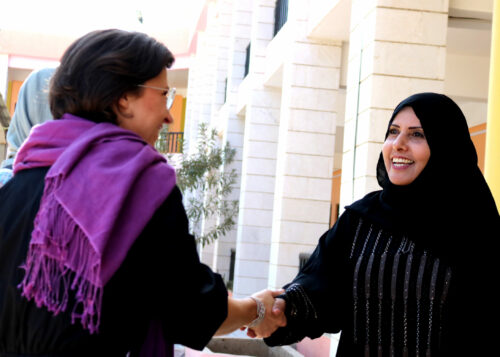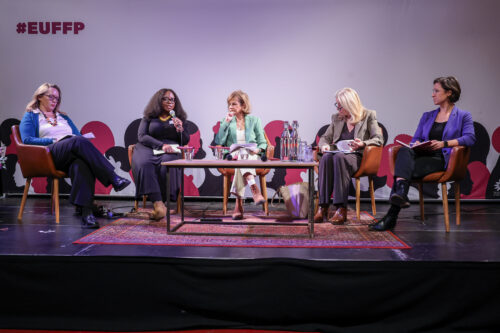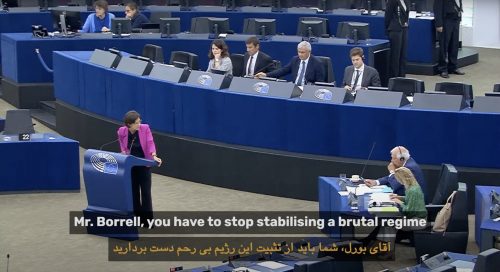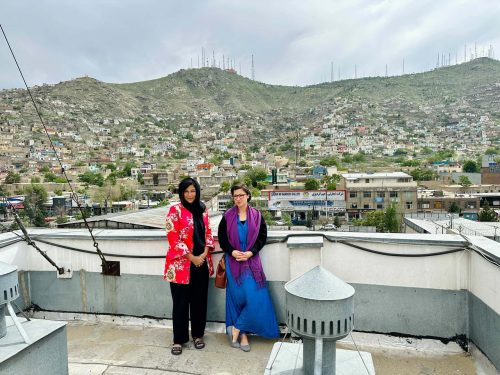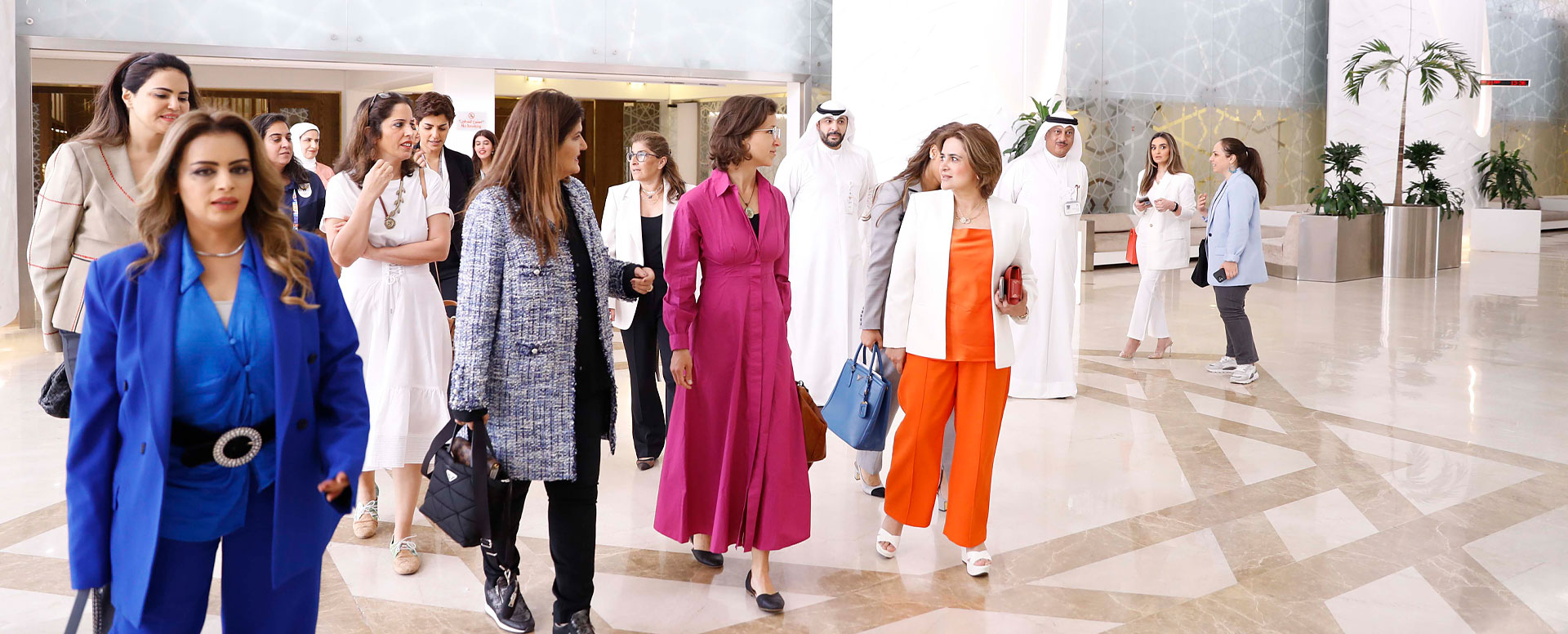
Feminism
Foreign policy – and politics in general – is still a male domain. Yet we know that peace agreements last longer when women are involved in key positions during the negotiation processes, or that economic growth and gender equality are closely linked. And yet we are not making much progress – neither in the proportion of women in European missions abroad nor in the proportion of women in our own political institutions.
I want to change that. In the Foreign Affairs Committee (AFET) and the Security and Defence Committee (SEDE), I am campaigning for more women in leadership positions and for a European foreign policy that takes equal account of all people. In European domestic policy and local politics, I encourage women and minorities to get involved: I fight for them to be heard and to have a say in decision-making. Peace can only last when everyone has a seat at the table.
